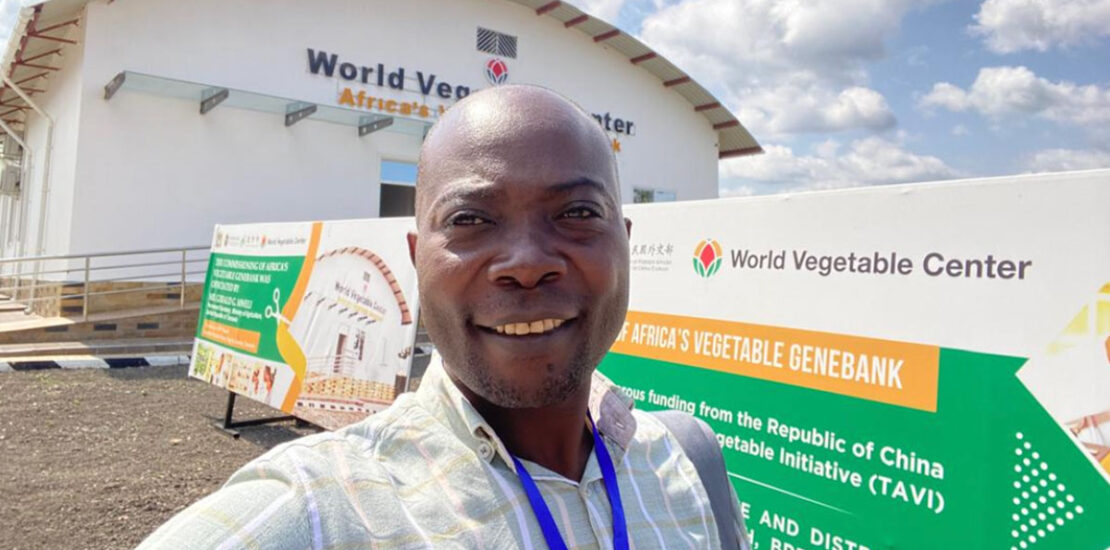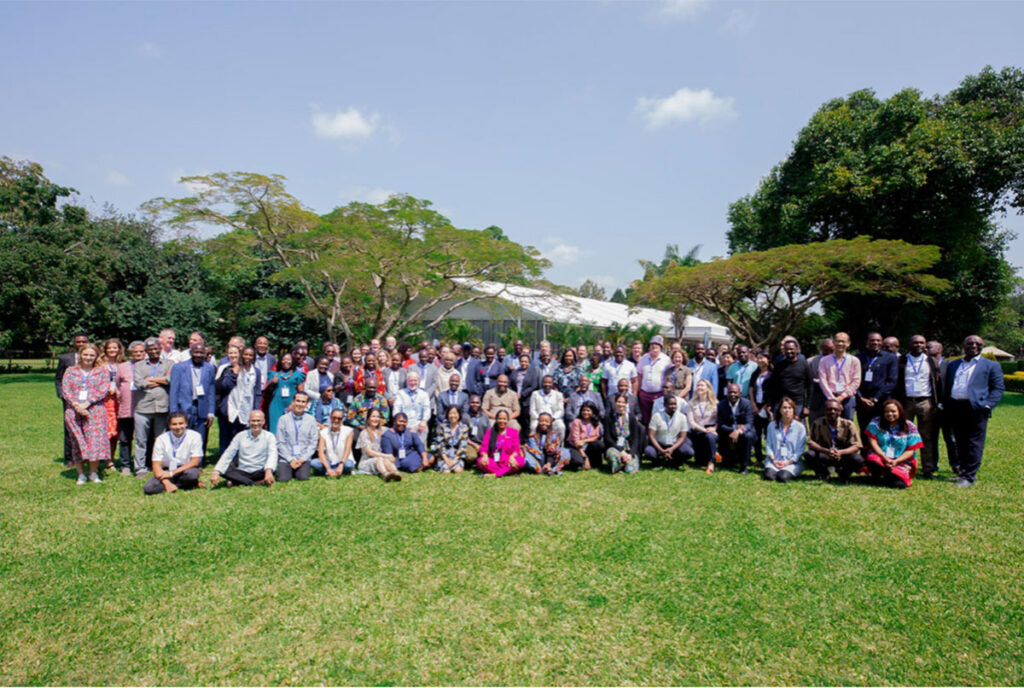Global Leaders Convene in Arusha to Champion Agroecology and Sustainable Food Systems
- September 10, 2024
- Posted by: CEFROHT Reporter
- Category: Agroecology

ARUSHA, TANZANIA – The Center for Food and Adequate Living Rights (CEFROHT) joined prominent global actors at the Cultivating Change Gathering in Arusha, Tanzania, to advance the transformation of food systems through agroecology and regenerative practices. The high-level event united practitioners, civil society organisations, researchers, grassroots movements, philanthropic institutions, and policymakers from across the world to forge collaborative strategies for sustainable, inclusive, and ecologically viable food systems.
The gathering served as a pivotal platform for addressing the overreliance on synthetic fertilisers and industrial agricultural inputs, emphasising the urgent need for systemic change. Key themes included Agroecological and Regenerative Food Systems Transformation, where participants shared successes and challenges from global initiatives, highlighting holistic approaches that promote biodiversity, soil health, and traditional seed systems.
A central discussion focused on Philanthropy and Collaborative Action for Fertiliser Transitions, exploring strategies to shift away from harmful chemical inputs toward natural, ecologically safe alternatives. Additionally, the meeting aimed to Map Global Alignment for Fertiliser Transition, identifying advocacy opportunities, investment pathways, and policy reforms to accelerate the adoption of agroecological solutions.
Represented by Dr. David Kabanda, Executive Director, CEFROHT contributed insights from Uganda and East Africa, showcasing legal and policy advocacy efforts to integrate agroecology into national and regional frameworks. The organisation highlighted community-led agroecological transitions, case studies on fertiliser overuse, and regional dialogues on harmonised agroecology strategies within the East African Community (EAC).

The event also fostered cross-regional partnerships, strengthening solidarity among agroecology advocates from Africa, Latin America, Asia, and Europe. Participants underscored the need for climate-resilient, low-input agricultural systems to combat biodiversity loss, food insecurity, and farmer indebtedness. The gathering amplified farmer-led innovations, from seed banks to policy advocacy networks, while championing inclusive governance in food systems.
“The Cultivating Change Gathering was not just a meeting—it was a movement,” remarked a participant. CEFROHT’s involvement elevated Uganda’s agroecology efforts, reinforcing its role as a key advocate for sustainable food systems.
This landmark convening marked a decisive step toward food sovereignty, environmental justice, and farmer empowerment, with CEFROHT at the forefront of agroecological advocacy in East Africa and beyond.
